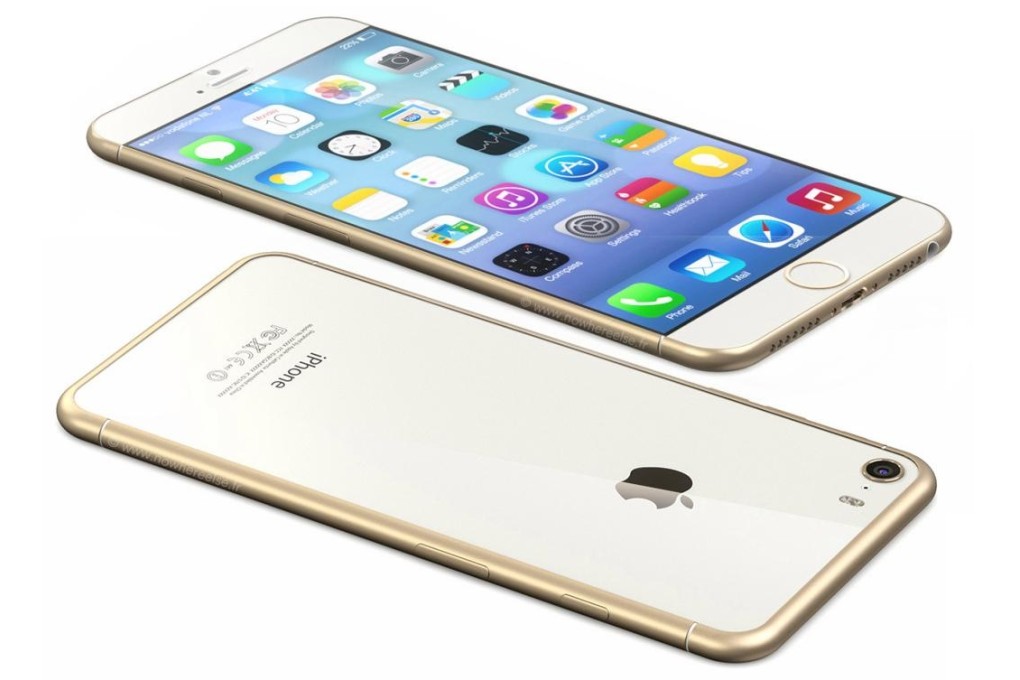Corporate China | Cyber-security wars pause with iPhone 6 nod
China's approval of the iPhone 6 indicates Beijing wants to prevent the current cyber spying war of words with the US from spreading into the lucrative smartphone space.

So much has been written already about the sudden approval of the iPhone 6 in China, after several weeks of unexplained delays, that I thought I would focus on the broader implications of this surprise move in the ongoing war of words between the US and China over cyber security.
Apple said online orders for the new iPhones will be accepted starting one week before the launch, and models will be available from all 3 of the nation's telcos. One report says the phones will carry a starting price of 5,288 yuan (HK$6,671), which is several times higher than prices in the US. But we'll have to wait and see if the China telcos offer lower subsidized prices for customers who sign multi-year contracts.
I'm sure we'll see a flood of pricing plans come out after the current Chinese Golden Week holiday ends on October 8 and people return to work. But in the meantime, let's review what happened behind the scenes to cause the latest iPhone delay, and what the final resolution means for cyber-security concerns in the future. Much of the fuss surrounds telecoms products like smartphones and networking gear that are often shipped across international borders, leading to suspicions about governments colluding with their domestic companies.
